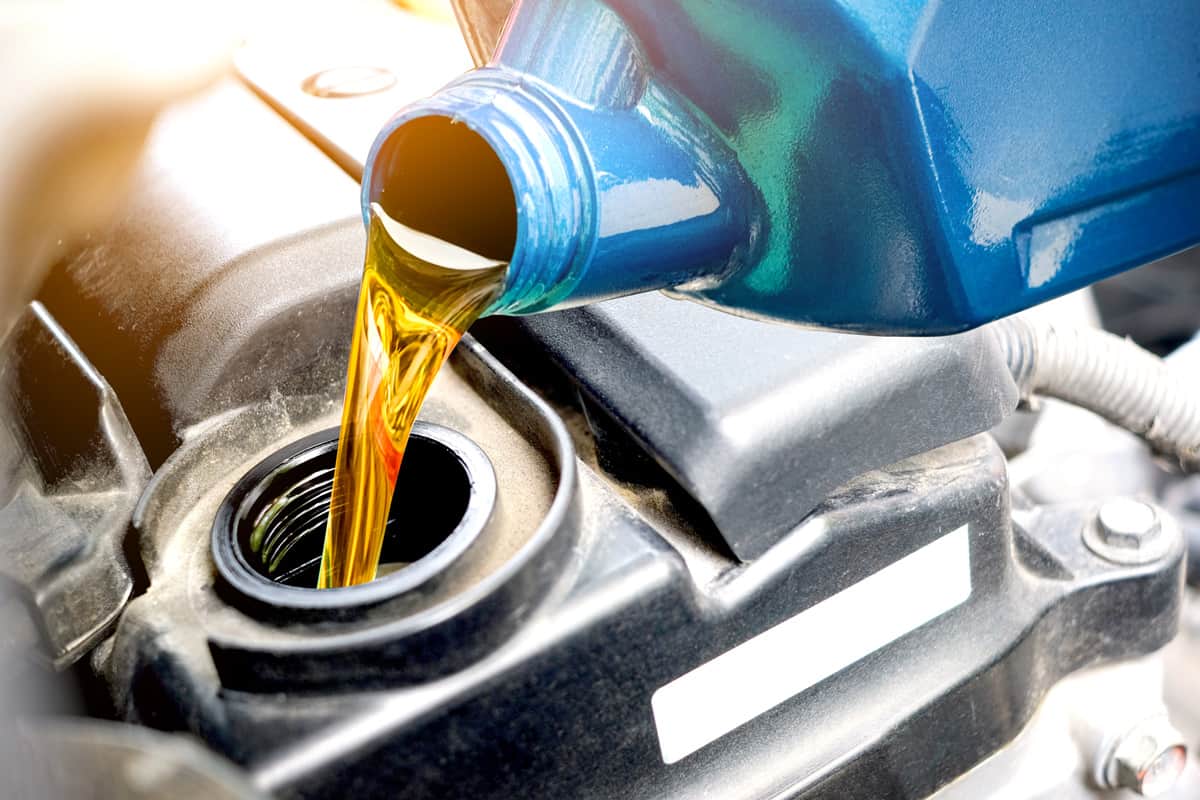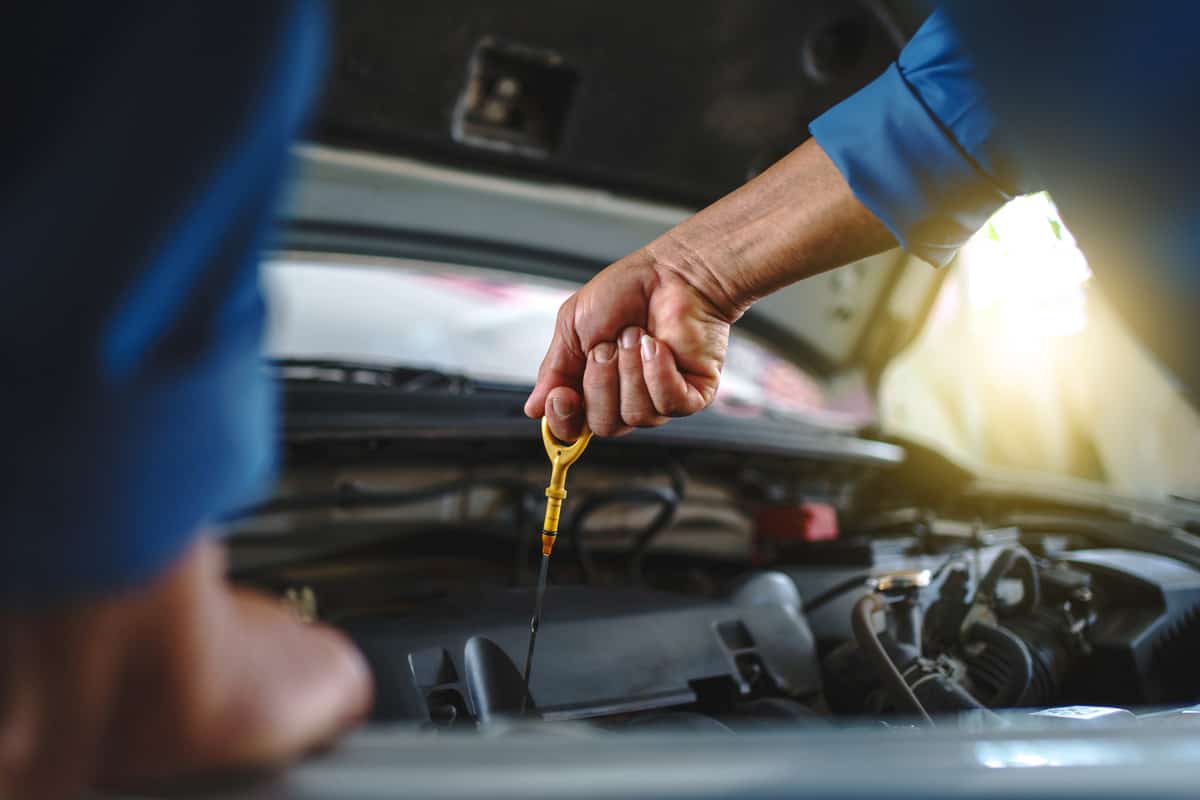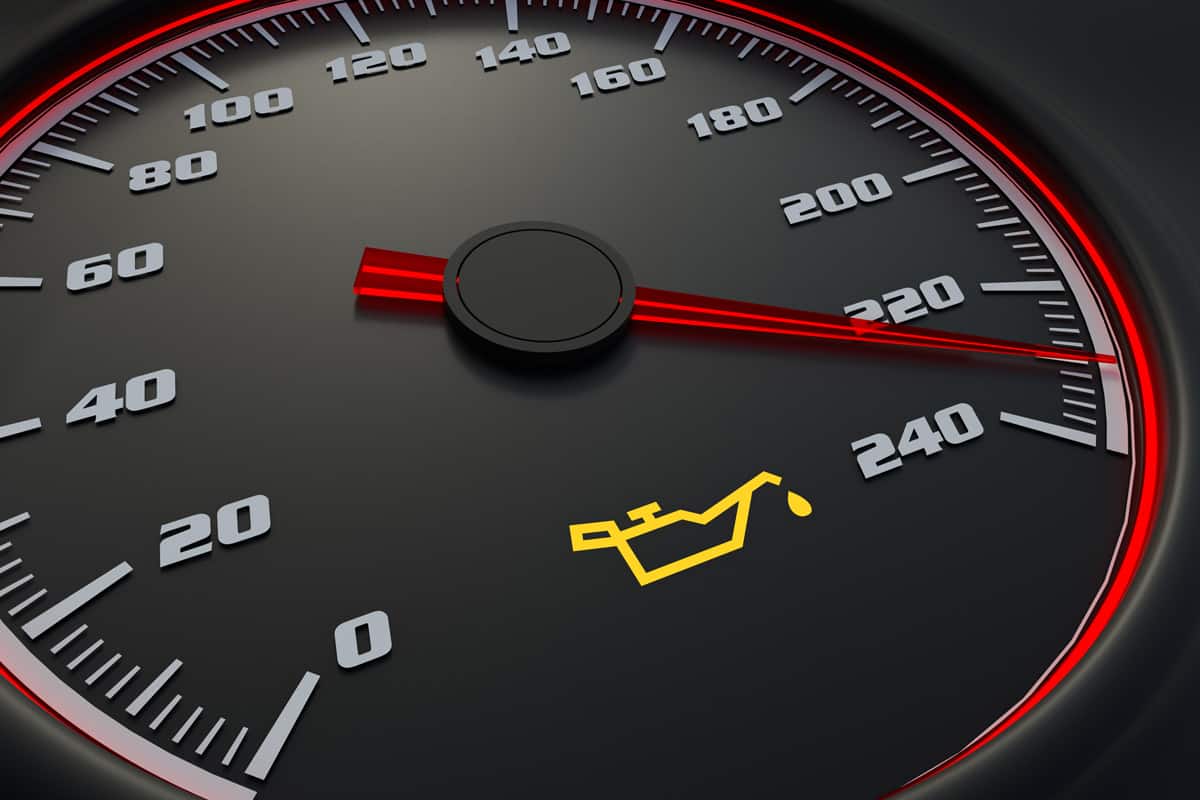Have you ever pulled away after getting an oil change and immediately noticed that your car sounds noticeably better? There are several important reasons for the change in sounds. We researched how new engine oil impacts vehicles from multiple professional sources so you'll know why your car sounds so much different.
Your car sounds better after an oil change because the new oil makes the engine run better. This is due to:
- Old oil has lost its ability to fully lubricate
- An oil change removes buildup and debris
- Low oil amounts create noises that are eliminated with an oil change
Now that we know the reasons your vehicle will sound different after an oil change, we'll take a detailed look at them. You might also be wondering what the signs are that your vehicle needs an oil change, or when you should get the oil in your car changed. For the answers to these questions and more, read ahead in this post to see what our research has uncovered.

Why changing your oil eliminates certain noises

If it's been a while between oil changes, you are sure to notice a big difference in how your engine sounds after getting one completed. Your vehicle's engine is a tough machine, but it still needs to be properly maintained.
The motor oil is the lifeblood of this machine. You will need to have it routinely changed so that the engine can continue to function to the best of its ability. Failure to do so will generate a lot of issues. The noises you hear are symptoms of bigger issues to come if they are not remedied.
Here, we'll discuss the reasons your engine sounds better after an oil change. Keep in mind that you won't normally hear these noises if you get the oil changed regularly.
Old oil has lost its ability to fully lubricate
The older the oil gets, the less it can lubricate. The engine of your vehicle is a rough and dirty place. Though mostly contained, the oil will get dirty and thicker over time.
This leads to the oil loses its viscosity. Though thicker, the oil is less able to lubricate all of the moving parts inside the engine. The lack of lubrication will increase the amount of engine noise.
Oil also functions as a coolant. The older the oil, the less it can cool. Engines that run a little hotter will also run a little louder. Changing the oil gives it new blood, greatly reducing these noises.
An oil change removes buildup and debris
The longer oil circulates through your engine, the more gunk and debris it will accumulate. The carbon buildup inside an engine is normal, the motor oil circulating it so that it doesn't stay on the moving parts.
But there will come a point where the oil has too much buildup. The more buildup, the less effective the oil. Changing the old oil to fresh oil cleans the engine of the contaminants the old oil has.
Without the contaminants, the new oil will allow the engine to run more quietly.
Low oil amounts create noises that are eliminated with an oil change
If you have an older engine or have just delayed getting your oil changed for a long time, you might find yourself running low on motor oil. This is not only harming your engine, but it also produces noticeable noises.
Low oil in an engine will cause a clicking sound to appear. This clicking will be louder the more you accelerate. This noise is from the engine not receiving enough oil to be lubricated.
Low oil is worse than old oil. If you are running low on oil, you run the risk of permanently damaging your vehicle's engine. You should make it a point to routinely check the oil of older engines in between oil changes.
What are the signs that my car needs an oil change?
The odometer reading should be your first sign
There are several obvious signs that your vehicle is due for an oil change. The first one should be the mileage on your odometer. If you are taking good care of your vehicle, you will notice that the oil needs changed when the odometer exceeds the mileage amount from your last appointment.
The oil will have a different appearance
But for those who do not carefully maintain their vehicles, there will be other signs. One obvious one will be when you check the oil level. The oil is supposed to be running smooth, and a light brown color. Old oil will be clumpy and much darker, indicating a change is needed.

Listen for tapping noises
You might begin to hear a tapping or clicking sound when the engine is running. As we discussed earlier, this is due to there being low oil in the engine. This could be because of an oil leak. It could also be due to an older engine burning oil.
Reduced fuel economy
The oil is a key component of an engine's performance. When the oil is old and not as effective, the engine will not be operating up to par. This can reduce acceleration. But it will also do a number on your vehicle's fuel economy.
If it's been a long time in between oil changes, you will get noticeably fewer miles per gallon.

The dreaded oil light might illuminate
The oil light illuminating your vehicle's dashboard is never a good sign. This will mostly happen when there is less oil pressure in the engine than needed to operate. While this can mean several things, a pressure drop can mean it's well beyond time to get the oil changed.
If your oil light stays on after the oil change, then other issues need to be addressed. This light will almost always mean a lack of oil pressure. Get your vehicle in for a thorough inspection if this light stays on.

When should I get my oil changed?
Before the last decade or so, it was a lot easier to answer this question. With older vehicles, you should always get your oil changed every 3,000 miles. This will keep it running tip-top for years to come.
With newer vehicles, the answer is not as straightforward. While some will still need the oil changed at the traditional interval, some models will be able to put off the change until 4,000 miles.
Synthetic oil adds a new wrinkle, here. Many newer vehicles use this motor oil alternative. Synthetic oil needs to be changed much less frequently. This maintenance will need to be performed every 5,000 to 10,000 miles, depending on the model vehicle you are driving.
No matter what you are driving, carefully consult your owner's manual. This will let you know exactly what interval you need to have your oil changed. Do not deviate from this, as not following this guideline will reduce the lifespan of your engine.

Final thoughts
If it's been a while since your last oil change, you will notice a difference in how your engine sounds with new oil. Oil changes are a big part of keeping your car on the road for years to come. This vital piece of routine maintenance should be done at every interval that is recommended by the manufacturer. Failure to do so will result in decreased performance and reduced vehicle life. Drive safe!
We hope this post on oil changes answered all of your questions. For additional information, we suggest reading the following automotive posts:
Why Is Coolant Reservoir Boiling But Engine Not Overheating?
Do Electric Cars Need Oil Changes or Other Routine Maintenance?
